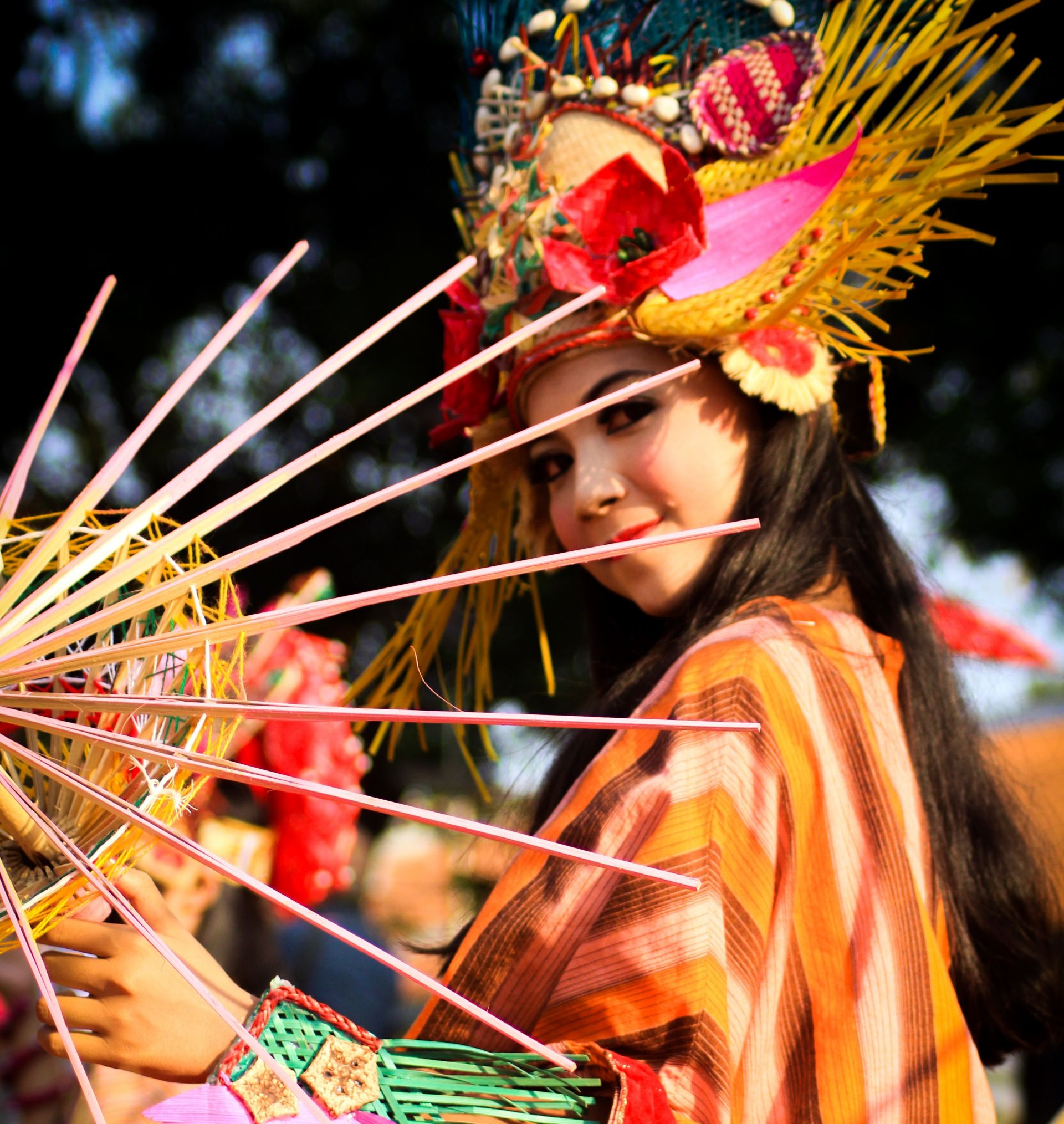Fashion Taboos: What Is Forbidden in Dubai, China, Indonesia and Other Countries

Packing suitcases is very exciting and tunes you into good mood. If you are planning a trip to Europe, it is enough to consider the weather conditions and what kind of holiday you prefer – active or relaxing. But if your path lies in a more exotic country, then you need to carefully examine the cultural and religious aspect, because there are certain fashion taboos in some states that tourists need to follow.
United Arab Emirates

In recent years, the UAE became a popular tourist destination. However, the flow of travelers from Europe didn’t force the local population to reconsider the strict rules and customs. Women tourists need to give up provocative mini and tops. If you are going to Abu Dhabi and Sharjah, choose the most closed clothes: jackets with sleeves, dresses and tunics with pants. During your stay in the country, don’t wear piercings, but if you have tattoos, they should be hidden from prying eyes.
Dubai is more loyal with foreigners, but semi-transparent fabrics, deep necklines and the bold cuts still should be avoided. If you dress too provocative, you risk getting a warning or even a fine from law enforcement.
It’s not necessary to cover the head with a scarf on the street: this rule applies only to women who follow the local religion. But just in case, keep a shawl or stole at hand: many public places, especially mosques, do not allow women with their heads uncovered.
Israel

Another popular country where tourists should be very careful not to offend anyone with their appearance. Outside the hotel, you should opt for more conservative and closed clothes. The best option is a midi skirt made of thick fabric combined with a blouse or jacket with three quarters sleeves. Meanwhile, trendy crop tops and bralettes are definitely worth giving up. Extremely ripped jeans are also banned. By the way, it’s better to keep a shawl with you everywhere just in case: with uncovered your head and naked shoulders you will not be allowed into old temples and other holy places.
Iran

Although Iran is not in the top ten tourist destinations, but there are a lot of attractions in this country. In Iran, tourists are also advised to avoid too revealing clothes: women should wear sweatshirts with sleeves covering their wrists, and a skirt, and pants should be up to the ankles. There is another caveat: in this country, men and especially women should not wear a tie. This piece of wardrobe is associated with Christian attributes, and there has been a long discussion in Iran about completely banning the wearing of ties. Therefore, in order not to cause the anger of the local population, refuse this accessory.
Japan

If you have noticeable tattoos on hands or feet, you should choose closed clothes, so as not to confuse the local population: the point is that Japanese society has developed prejudices about people who decorate their bodies – they are associated with the Yakuza. No one will make a remark to a tourist, but to avoid sidelong glances, it is better to abandon short shorts and t-shirts.
You should also have a few pairs of socks in stock: in Japan, it is not customary to enter the room in shoes. Not to get in trouble and not to blush for dirty or even torn socks - better safe than sorry.
China

There are no strict bans in China. However, if you don't want to look ridiculous in the eyes of the local population, do not wear clothing with a national Chinese flavor, for example, flashy prints in the Oriental style and especially traditional clothing Hanfu.
Indonesia

Photo: Unsplash.com
Unlike many other countries, where most of the population professes Islam, Indonesia treats tourists with more tolerance. But it’s still better to refuse too revealing clothes and shorts, if you plan to visit temples, museums or other public places. In this case, it is necessary to give preference to Capri pants. This rule applies particularly to the Islands of Java, Sumatra and Kalimantan. While in Bali, tourists do not impose any strict requirements.
However, leave t-shirts with provocative prints, inscriptions and slogans at home. While European countries don’t care about pictures with sexual overtones, insulting representatives of the authorities or depicting a parody of religious leaders, in Muslim countries such images are unacceptable. This rule applies not only to Indonesia, but also to all of the above tourist destinations.
Africa

In some African countries, such as Tanzania, camouflage clothing is banned. Wearing military-style clothing that resembles the uniform of the local military is strongly discouraged. If you still want to take cargo pants for Safari trip, make sure they have a neutral shade. More than that, travelers are advised not to wear clothes in dark colors: it is believed, that black and dark shades of blue and purple attract dangerous tsetse fly. However, it’s totally up to you to follow this rule or not.

